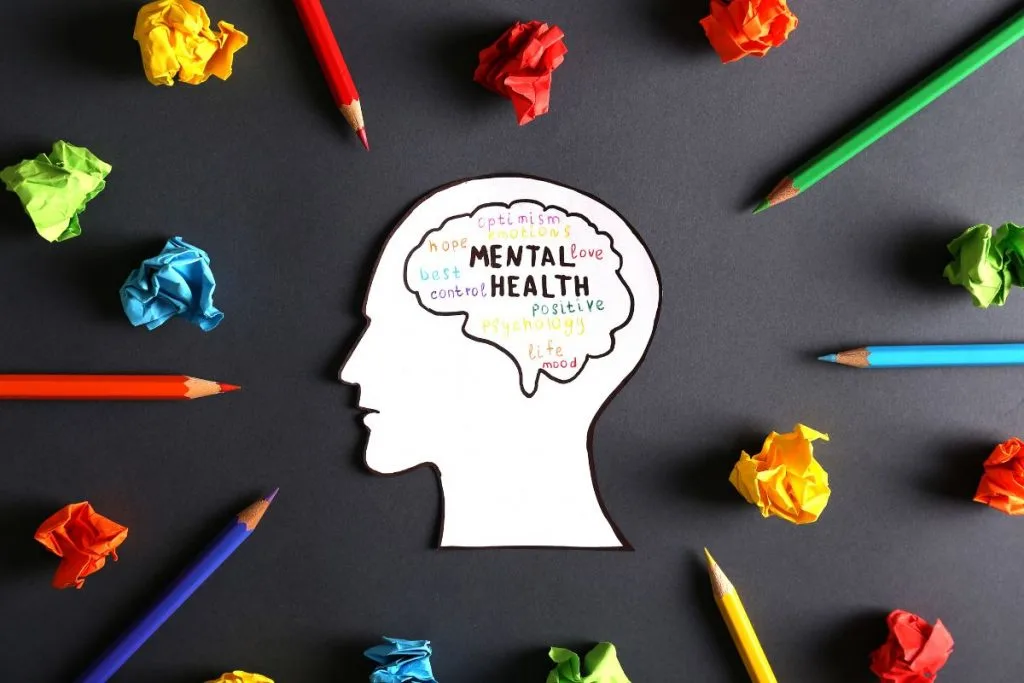Many of us are familiar with someone who has struggled with mental illness in the past or present. Everybody occasionally feels anxious, stressed, or depressed, but if these symptoms get stronger and continue for a long time, they could be a problem. If you know someone who struggles with sleep or who has issues with their mental health, there are things you can do to help. There are strategies to aid someone in regaining their mental health, even if it might take some time and some of us may require professional assistance. If you’re worried about a friend or family member, or want to learn more about mental health support, keep reading and put these tips into action.
Talk to a Doctor
Your family doctor should be the first person you contact. They should be able to give you treatment advice and possibly refer you to another nearby expert. Numerous specialized agencies offer a range of treatments, such as counseling and other talking therapies. They can also, as this website says, offer a lifetime of aftercare to help people and their families make a good and long-lasting transformation in their lives. A community mental health team (CMHT), which is often housed either in a hospital or a neighborhood community mental health center, frequently coordinates these many services. Some teams are available around-the-clock so you can get in touch with them in an emergency. You ought to be able to get in touch with your neighborhood CMHT through the social services or social work staff there.
Encourage Them to Actually Seek Help
Forcing someone to seek assistance is probably not going to lead to success. Instead, concentrate on motivating them by outlining improvements that could be made. If the person is receiving therapy, make an effort to remain engaged by finding out about upcoming appointments and sharing your thoughts on their development. Continue to include the person in your plans and daily activities and constantly express your concern. Positive interactions with others in daily life are frequently the most crucial component of a therapy program.
Learn About Their Mental Health Problems
Each mental health issue is unique. Try to educate yourself on your loved one’s mental condition, including any symptoms it may present with, potential treatments, and typical medication side effects. This can boost your self-assurance in your support role and enable you to actively take part in your loved one’s ongoing care, with their consent. Everyone will have a distinct experience with mental illness. It may be necessary to attempt various therapies or medications, as everyone responds to them differently. Throughout this process, try to be gentle with yourself and your loved one.
Be Understanding
They may act in ways that seem out of character to you because they are going through an extremely tough moment, making their behavior seem erratic and unpredictable. For instance, they might be acting irrationally or recklessly, and this kind of behavior is likely to be misinterpreted by people who are unaware of the situation’s true nature. Understanding that people don’t always mean what they say or do in their current state of mind will help you deal with the negativity, aggression, and moodiness that come along with depression. It’s critical that you avoid blaming or taking it personally; instead, try reassuring them. Try not to condemn them if they are acting strangely or impulsively, but do your best to keep them safe. It might be a good idea to assist them in developing more appropriate and healthy ways to deal with these urges when they are more composed.
Respect Their Privacy
You shouldn’t discuss someone’s mental health with anybody else until they specifically request it or they are in immediate danger of harm. They should be free to choose who, when, and how they disclose their mental illness because it takes a lot of courage to speak about it. Of course, they are free to keep their secret to themselves, as long as doing so keeps them safe.
Celebrate Their Success
It can be challenging to recognize and celebrate your own accomplishments while you’re going through a difficult time. It can be challenging to recognize your own development. Congratulate your friend and go out and have fun when they take a step towards facing their worries or improving their wellness. Encourage them to take pride in themselves.

Someone may benefit from additional support if their mental health issues are interfering with their daily lives. Tell them that speaking with you was an important first step and that it is now crucial that they speak with someone.

